“Should your faithful forsake your church,
Their time will be a time of tribulation;
Evil customs will prevail in it;
It shall be changed from Paradise to hell.”
~ Notes on the Life of St Brendan, Irish Ecclesiastical Record, Vol.VIII (1872).
In 1997, the newly elected President of Ireland, Mary McAleese, had this to say about the changing face of the Irish priest: “The dynamics of priesthood have altered radically along fault lines some of which have yet to be openly acknowledged and explored. Women have observed the enormous drain of heterosexual males from the priesthood and the growing phenomenon of gay priests.” Them in 2011, the Apostolic Visitation to the Irish Church, headed by Archbishop Dolan of New York City, found that: “Irish seminaries are hotbeds of serious moral decay which is devastating the Church in this country. Their culture is one that rejects piety and holiness in favor of religious laxity and moral confusion. This is resulting in priests who barely believe in the doctrine they are ordained to promote;” of the Irish national major seminary, the last in Ireland, the report stated: “[it] suffers from the reputation of being ‘gay friendly.’” Therefore, it’s not surprising that in the Irish capital of Dublin, weekly Mass attendance is down to about 14% – a major drop considering that nationally it was once as high as 85%. On May 22, 2015, Irish voters overwhelmingly passed (62% vs. 38%) a Constitutional Amendment that legalized gay marriage.
Author’s note: As a child, I had visions of an Irish Jesus – for every priest I ever knew, and a majority of the religious sisters, spoke with a distinct brogue. Although they were generally kind, they fostered a peculiar form of Catholicism that swerved from the insubstantial to the point of evaporation when we were kids to blatantly Marxist as high school teenagers. Consequently, my first impression of Jesus was as a man who fell somewhere between Bing Crosby in “Going My Way” and the wimpy hippie-throwback characterization of Christ in “Godspell;” a loveable do-gooder who ultimately failed at lasting relevancy. For us kids, the sisters were somewhat laughable for their adherence to Simon & Garfunkel while the priests seemed distant and neutered; my foremost strong memory – of an Irish associate pastor who compelled all of us in the 4th grade class to question everything about our Faith; according to his theology: the best Catholics were those who accepted nothing. For some reason, what he said always stuck with me – and, I never forgot it.
In high school, catechism centered around the primacy of the personal conscious – that thing in my mind that had never really been properly formed; in essence, it came down to the domination of a head-bank filled with my own personal wants and desires; connected, was a bizarre worship and adherence to social justice, specifically that of Liberation Theology. As a result, after having endured twelve years of parochial school – I graduated with a knowledge of Christianity that was nominal at best. Following my conscious, I decided that I was gay and disregarded the Irish Jesus as a bit of Celtic folklore on the same level as the leprechauns. A couple of years later, my worried parents semi-ambushed a coming home visit by inviting an Irish Catholic priest to stop by; we had a few drinks together, then laughed about the whole thing through a fog of near-inebriation. Over the next few years, I repeatedly encountered a continually evolving cabal of priests, all with Irish surnames, who effortlessly drifted between the worlds of Catholicism and homosexuality. Already outside the Church, this only confirmed my judgment that Christ and Christianity were a fraud.*
*In a complete reversal, soon after being Saved from a life of death, I met an a newly ordained Catholic priest, with a distinctly Irish heritage; although proud of his ancestry, he came to occupy a wholly separate level of being: that of the American-born Irish-Catholic, who grew up, like myself, in the post-1960s chaos of moral decay and decadence; supremely formed in the religious life, he overcame the seemingly inherent dysfunction of rampant alcoholism and abuse that moved strongly in many Irish families. His own self-healing, and that of his family-tree, created a kind of priest who could do the same for others; therefore out of the miserable failings of others – the Lord brought forth good.
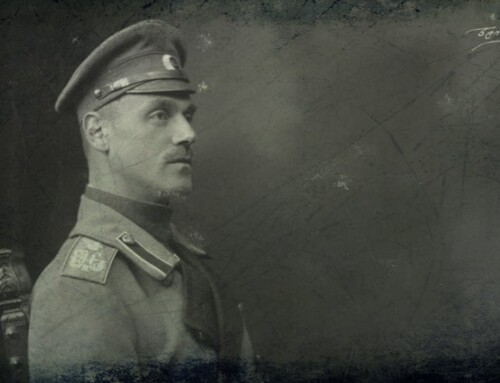
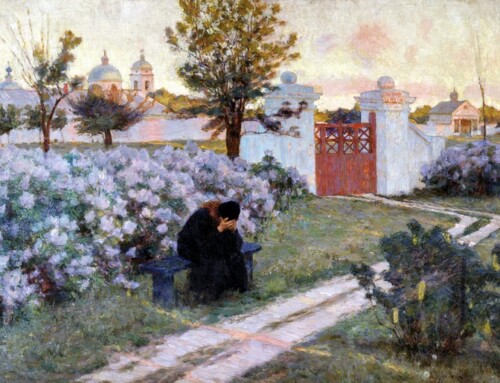
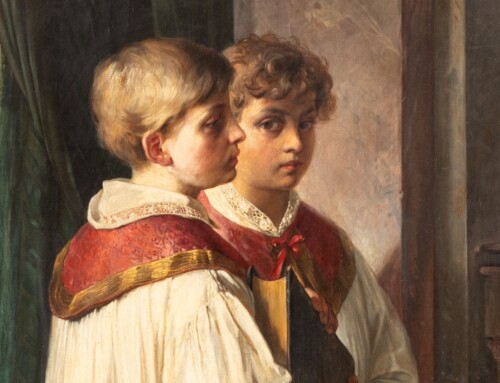
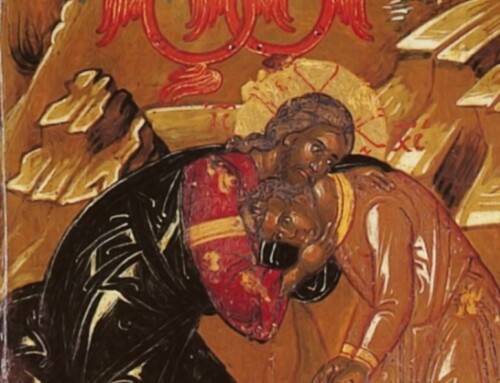
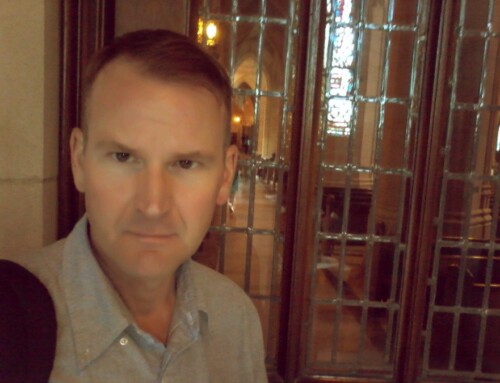
When I hear or read you I hear truth and love. You have been blessed with an awesome vocation and you are awesome with it. I know because I know that it is a struggle, at least at times. Praying for you often, please do the same for me. Remember, not one of your words or acts of love is wasted
PEACE
What Butch said ^^^^